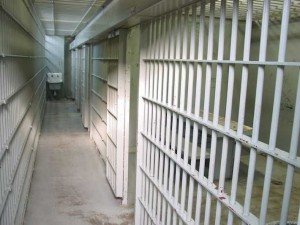How Does Bail Work In California
To begin to understand how does bail work in California, you must become acquainted with the criminal law system. Bail for the most part, is a monetary deposit with the court against the alleged crime committed. Thus, the bail amount deposited is a promise to the court the defendant will appear for the underlying criminal charges. In addition, the bail amount is set accordingly to the county bail schedule. Many times, it’s up to defense counsel or the bail bondsman to explain how the bail bond process works.
How Does Bail Work With Bonds
Again, the bail amount is determined by the judge and county bail schedule. How does a bail bond work is similar to that of cash bail. The difference here is that you now have contracted with a third party to raise the total bail amount. Therefore, a bail bond is same as “cash” bail. The co-signer contracting with the bail bond company will have to qualify for the bail bond, pay a premium, and depending on the circumstances, may have to secure the bail bond with assets such as a home. Several reasons that may require you to use a bail bonds service are as follows: 1. Bail amount is more than cash on hand 2. Assets may not be liquidated 3. Time frame given. These are some examples of various scenarios and the details can vary on a case by case basis.
How Does Bail Work During Bail Hearings
When an arrestee is being held without bail, a bail hearing may be scheduled by defense counsel or whomever is representing the defendant. The purpose of the bail hearing is to establish facts and evidence in support of the defendant’s consideration for bail. How bail works in these circumstances may not be true for other criminal law cases. For example, state laws may require certain crimes to be not bailable, such as capital crimes. However, if the alleged crime is bailable and the court is satisfied with the information provided, a bail amount will be set and the defendant will have the opportunity to make bail. How does bail work can be tricky at times.

